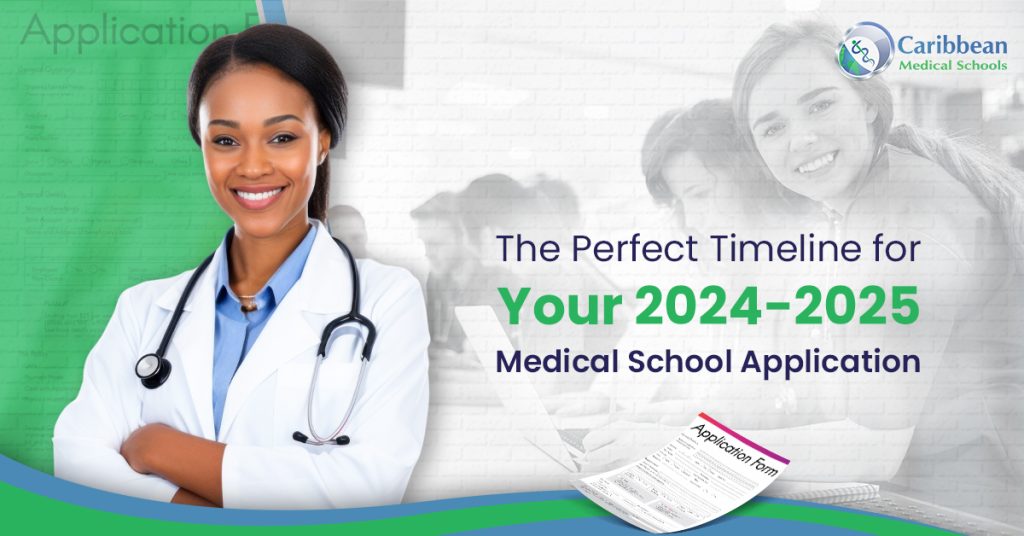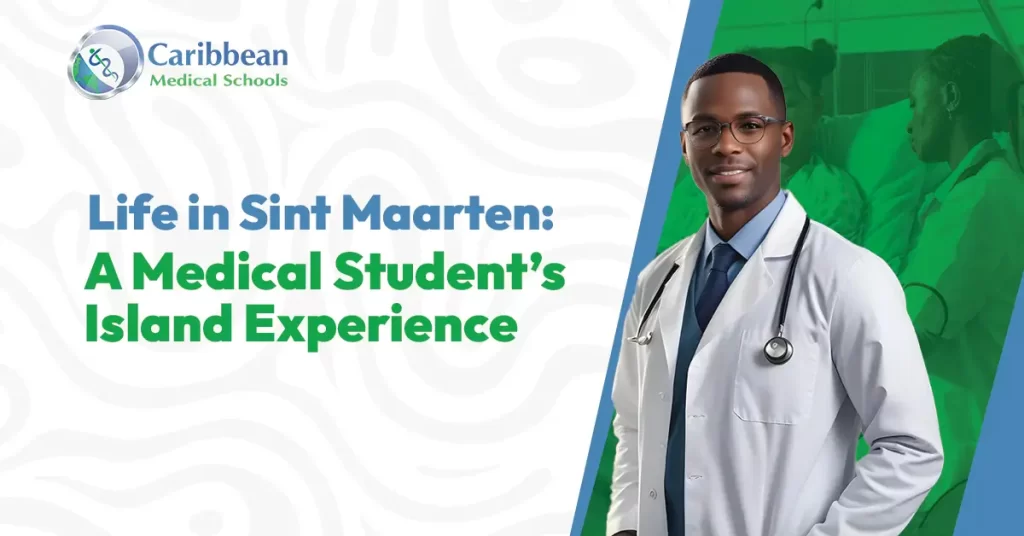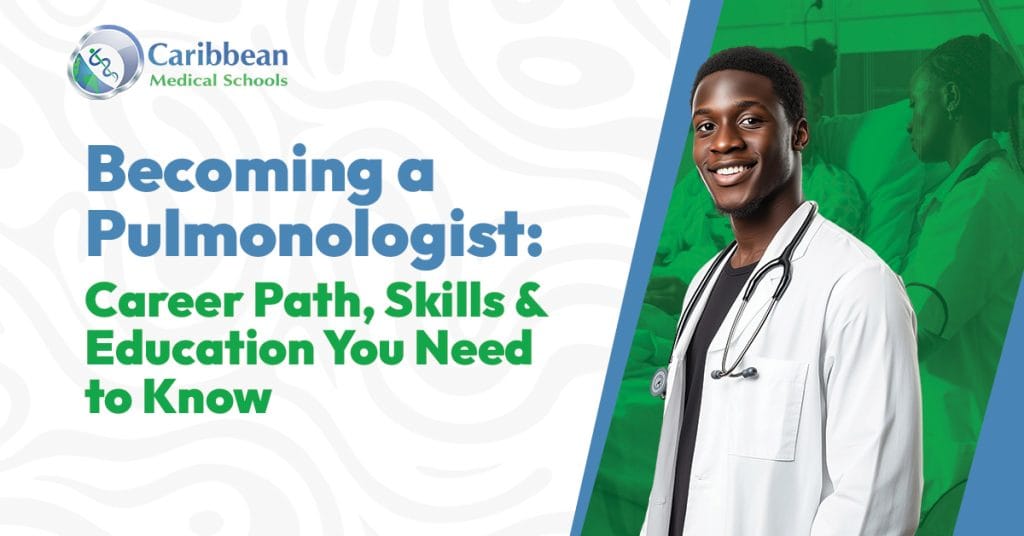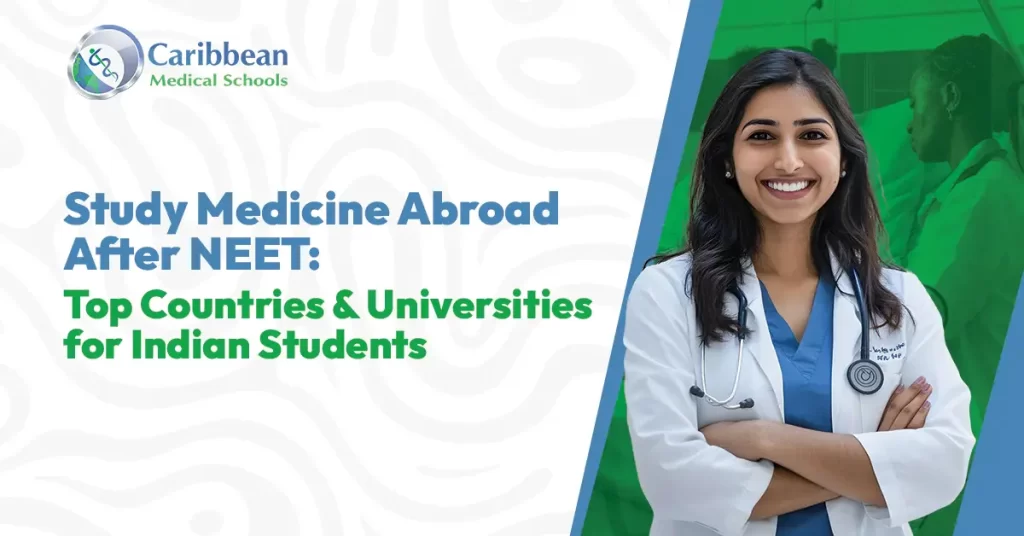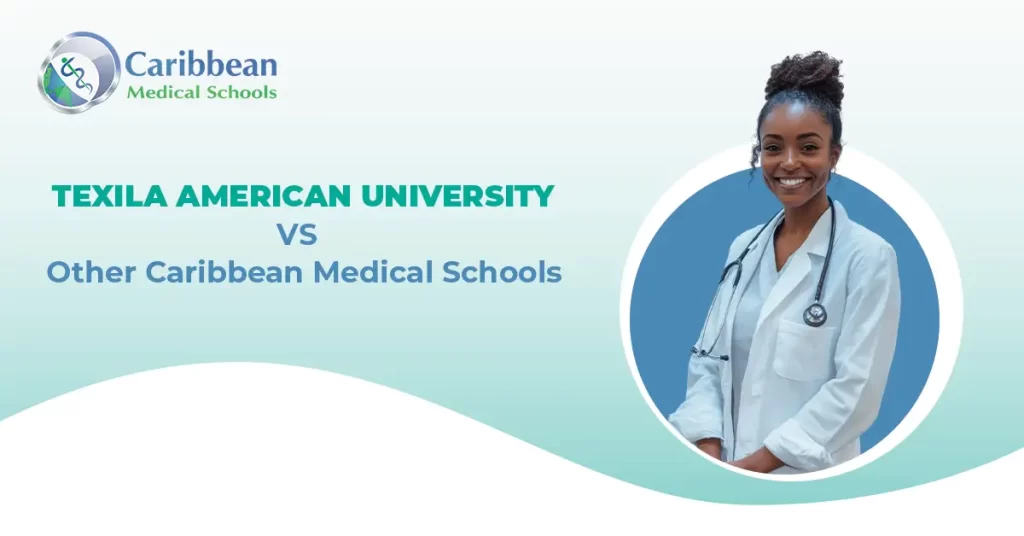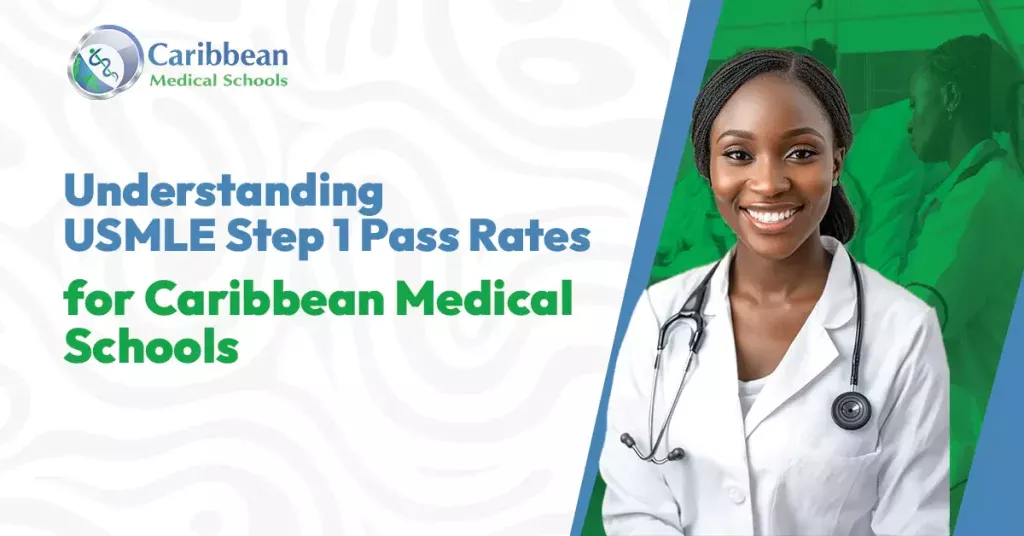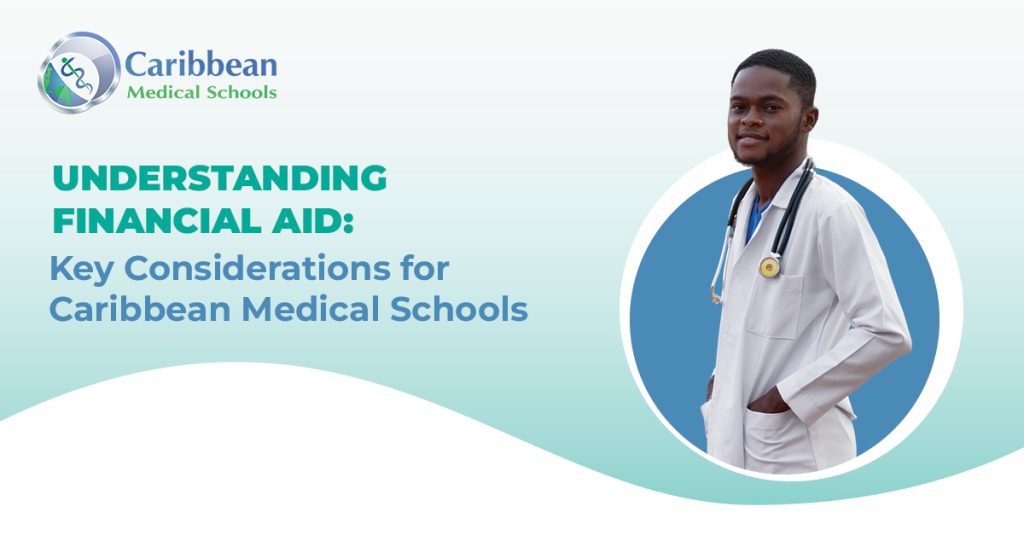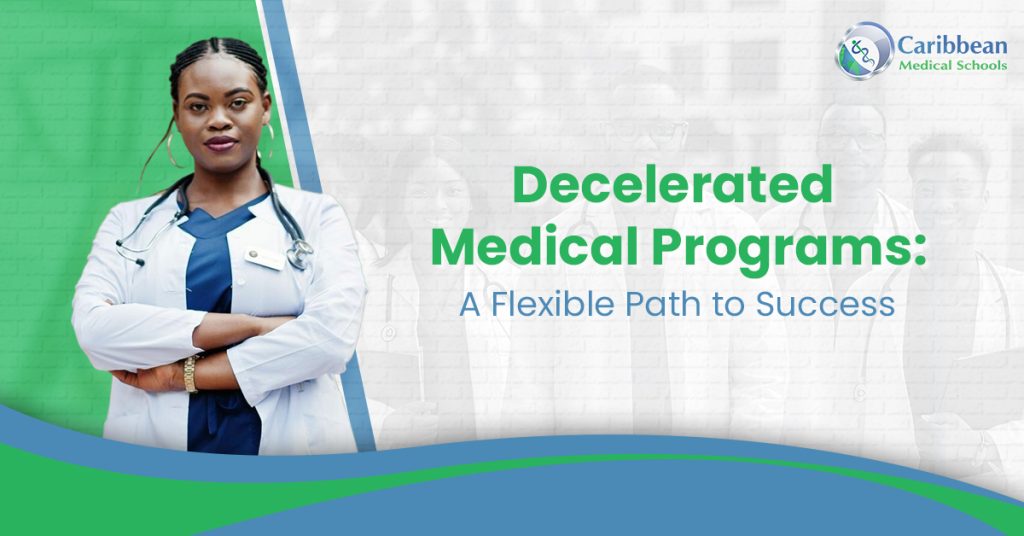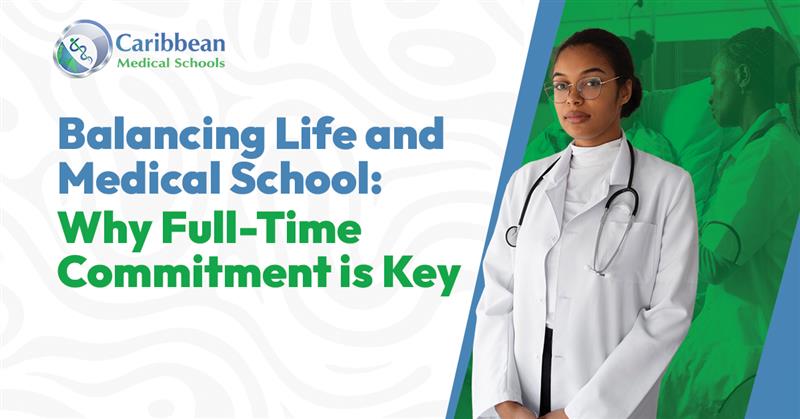Blog Content
The Medical School can be overwhelming if not guided properly when someone is looking to apply. A structured timeline can help in the process. This guide details month by month, how one can keep on track during this application cycle of the 2024-2025 class: from researching schools to reviewing and taking MCAT, submitting applications, and going for interviews. Read through this timeline, and you will be right on track with your application to Best Caribbean Medical Schools. Additionally, it provides helpful advice that is well worth the time for each stage of the process associated with responding to frequently asked questions about applying to medical schools.
Table of Contents
Introduction
Applying to med school is an arduous process that takes weeks of preparation and work. Though the process may seem overwhelming at times, the execution of an application in a well-organized timeline makes a world of difference. Let this guide walk you through the perfect timeline for applying to the 2024-2025 medical school cycle, researching schools, preparing for the MCAT, all the way through submitting applications and attending interviews. Whether you are aiming for Best Caribbean Medical Schools, Top Caribbean Medical Schools, or even an Accredited Caribbean Medical School, this timeline is sure to keep one on pace, not missing a beat in order to present your best self with the admissions committees.
January – March: Research and Preparation
The Early bird gets the worm. From January to March, research the Best Caribbean Medical Schools and other top schools you might be interested in attending. Create a school list that also includes prerequisites, application deadlines, and other requirements for your applications.
Research Tips:
- Online Resources: Websites such as the Association of American Medical Colleges are very resourceful and give insights into Medical Schools.
- Information Sessions: Most schools have virtual information sessions where potential students can learn more about the programs, meet faculty members, and ask questions about the admission process.
- Contact with present students and alumni: They can provide significant insight regarding their experience with the application process and the culture of the school.
April – May: Taking the MCAT
The Medical College Admission Test is an extremely vital part of your application. It is advisable to take the MCAT before May so that your scores will arrive in time for the early application cycle.
How to Prepare for the MCAT:
- Schedule a Study Plan: Schedule specific times every week to study.
- Practice Tests: Simulate test conditions to improve your test-taking skills.
- Study Group: Use this time to study with friends on the more challenging topics.
June: AMCAS Application
June is when the American Medical College Application Service, or AMCAS, application opens. The primary applications that are submitted early in the cycle go into review first.
Primary Application Checklist:
- Personal Statement: Craft a compelling narrative about your journey to medicine.
- Transcripts: Ensure all your academic records are submitted.
- Letters of Recommendation: Request letters from professors, employers, or mentors early.
July – August: Secondary Applications
After a primary application has been submitted, the majority of Top ranked Medical Schools in the Caribbean will offer secondaries. All of these are specific to a particular school, and most include multiple additional essays.
Secondary Application Tips:
- Personalize Your Responses: Responses must be tailored to a specific mission statement or values of a particular school.
- Be Organized: Keep a spreadsheet or another record of the deadlines and requirements of each school.
- Be Quick: Turn in your secondary applications within two weeks of receipt.
September-October: Interviews
If all your applications go well, you can expect to be getting interview calls. This would be the time when you impress them in person.
How to Handle an Interview:
- Mock Interviews: It is good to have mock interviews with friends or family or through school career services.
- School Knowledge: Be aware of the programs available at the Top Caribbean Medical Schools, its faculty, and the success rate in the recent past.
- Preparing Questions: Think out some intelligent questions to ask your interviewers.
November-December: Follow-ups and Updates
Once the interviews are over, it is essential to keep the schools updated. Thank-you notes to your interviewers and updates that schools may have requested should be sent.
Post-Interview Strategies:
- Thank-You Notes: An e-mail to the interviewers is always welcomed that includes thanks and appreciation for each interviewer.
- Update Letters: Schools should be updated on the new achievements and experiences acquired during this period.
- Staying Engaged: Interest in the school should be reiterated.
January – March: Acceptance and Decisions
Early spring will bring acceptance letters, at which point you need to lock in a choice of where you will study.
Choosing Which School to Attend
- Comparing Offers: Compare everything from location and curriculum to financial packages.
- Getting a Feel: If you can, visit the Top Caribbean Medical Schools you’re considering. This will give you a feel for what it’s like on campus.
- Seek Advice: Mentors, advisors, current students—all are good sources.
April – May: Final Preparations
Once you have decided which school you are going to attend, start the preparations for your transition into medical school.
Pre-Matriculation Checklist:
- Housing: Complete your housing arrangements
- Finances: Finalize your financial aid and budgeting process
- Health Requirements: Complete any necessary health screenings or vaccinations that are required
June: Orientation and Matriculation
June is when your journey at medical school really begins. You will be introduced to fellow classmates and learn the feel of the school.
Orientation Tips:
- Be Open: Interact with others in your class and the faculty.
- Stay Organized: Keep dates and requirements in line
- Prepare Academics: Study any pre-course material that may be provided by the institution.
Conclusion
This is not a sprint, but a marathon, for every medical school applicant. By following this timeline, most likely you will be accepted into one of the Top Caribbean Medical Schools or another prestigious school teaching medicine. Each step in the process is an opportunity to demonstrate further your dedication and drive toward medicine.
FAQs
1. How many medical schools should I apply to?
Most applicants apply to 10-15 medical schools. Be sure to include a mix of match and safety schools to increase the chances of acceptance. Tailoring your applications to each school’s strengths and programs is also important.
2. How can one improve an MCAT score?
A good MCAT score requires a structured study plan that includes quality preparation materials and a system of regular practice tests. You should also study with a group or look for a tutor who can help you.
3. What should I include in my personal statement?
It should include your pathway to medicine, your motivation and relevant experience in preparation for healthcare. It should be genuine and reflective.
4. How do I know which medical school is right for me?
Things that student may consider in choosing which medical schools to apply to include the curriculum of the school, location, class size, and available clinical opportunities, what kind of financial aid is available to students.
5. What should I expect during medical school interviews?
Most medical school interviews will be focused on your application, experiences, and motivations toward studying medicine. Be prepared to know more about the school, and practice the common interview questions as one would. You must have some thoughtful questions to ask your interviewers.

